
Economic Inequality
Understanding Economic Inequality
Economic inequality is a term that often gets tossed around like a hot potato at a family reunion. It refers to the uneven distribution of resources among individuals in a society. But wait, before you start imagining a world where everyone is living in a cardboard box except for that one guy with a yacht, let’s break it down into digestible bites.
The Three Faces of Economic Inequality
Economic inequality can be categorized into three main types:
- Income Inequality: This is all about how the total sum of money paid to people is distributed. Think of it as a pie—some people get a bigger slice, while others are left with crumbs.
- Wealth Inequality: Here, we’re talking about how the total wealth owned by individuals is spread out. It’s like Monopoly, where one player ends up with all the properties and the others are left to pass “Go” without collecting their $200.
- Consumption Inequality: This type focuses on how much money people actually spend. Spoiler alert: not everyone is splurging on avocado toast and artisanal coffee.
Why Does It Matter?
Economic inequality isn’t just a buzzword thrown around by economists at cocktail parties. It has real implications for society. For one, it can affect social mobility—how easily people can move up the economic ladder. If the rungs are too far apart, it’s like trying to climb a ladder made of spaghetti. 🍝
The Inequality-Adjusted Human Development Index
Ever heard of the Inequality-adjusted Human Development Index (IHDI)? It’s a fancy way of saying that we should consider inequality when measuring how well a country is doing. It’s like grading a student not just on their test scores but also on how many times they helped their classmates. After all, being smart is great, but being a decent human being is even better!
A Historical Perspective
Historically, economic inequality has been on a rollercoaster ride. There were periods, like during the two World Wars, when inequality took a nosedive. The creation of modern welfare states post-World War II also helped level the playing field. But hold onto your hats! In recent decades, globalization has been a double-edged sword. While it has reduced inequality between nations, it has often increased inequality within them. It’s like a magic trick gone wrong—now you see it, now you don’t!
Equality vs. Equity
When discussing economic inequality, it’s essential to differentiate between equality and equity. Equality is about giving everyone the same resources, while equity is about providing resources based on individual needs. Imagine two kids trying to see over a fence. Giving them both the same box might not help if one is a toddler and the other is a teenager. 🎈
Conclusion
In conclusion, economic inequality is a complex issue that impacts various aspects of society. Understanding its nuances—like the difference between income, wealth, and consumption inequality—can help us navigate the conversation better. So, the next time someone brings up economic inequality, you can join in with confidence, perhaps even with a witty remark or two!
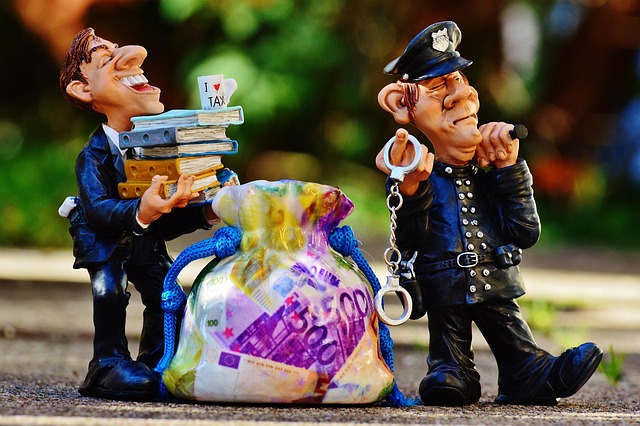





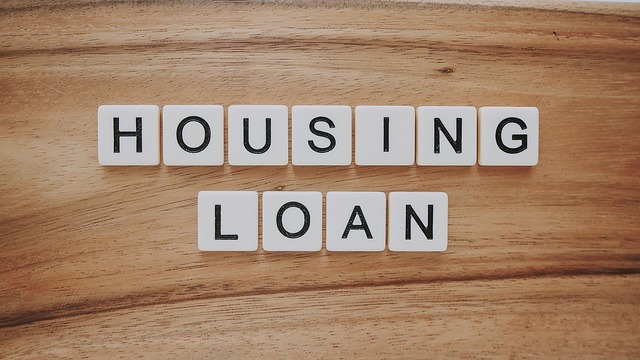
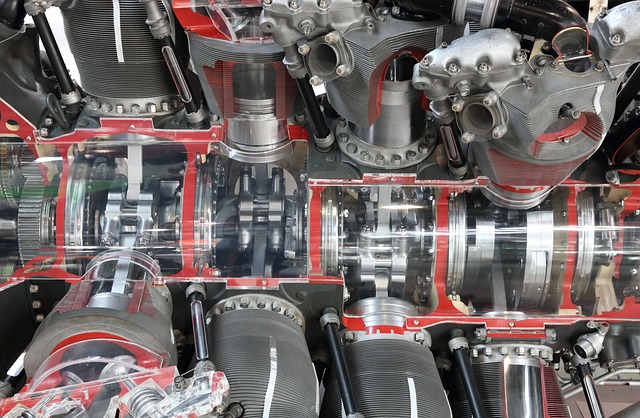
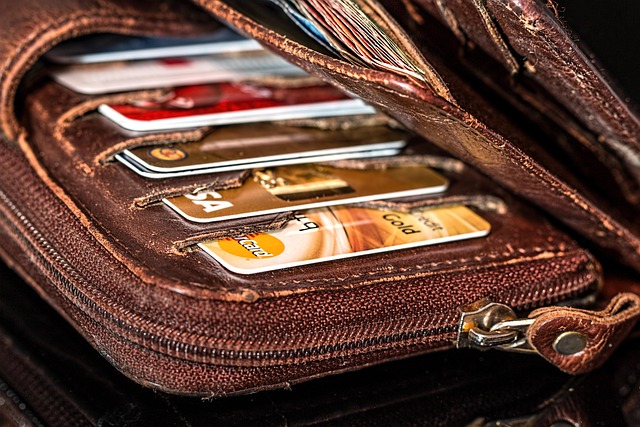



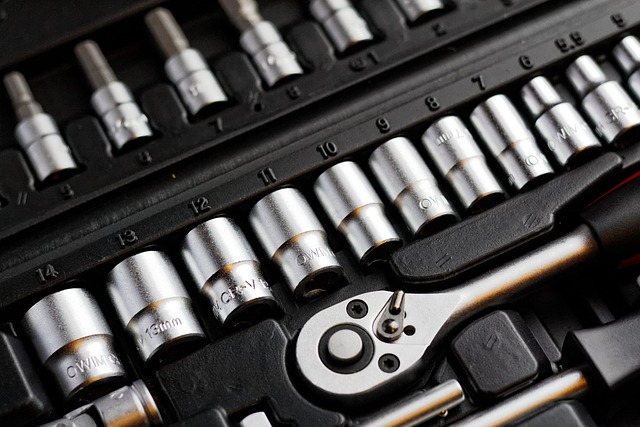
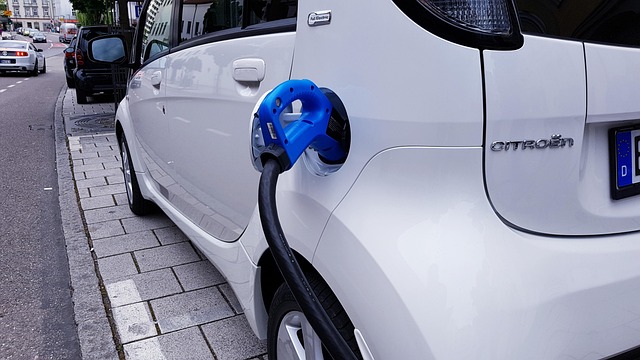
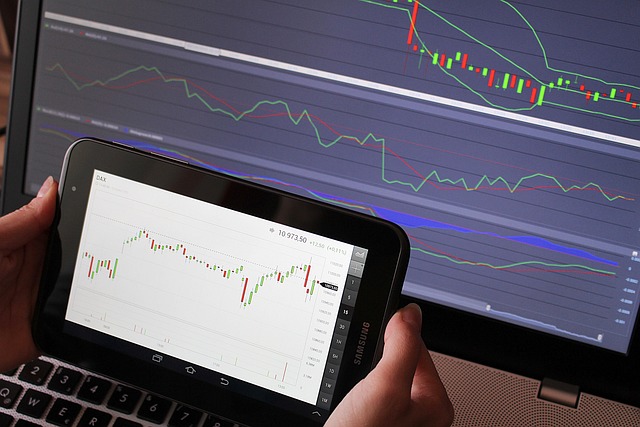


 Camila Mendoza Olmos
Camila Mendoza Olmos 
 Health
Health  Fitness
Fitness  Lifestyle
Lifestyle  Tech
Tech  Travel
Travel  Food
Food  Education
Education  Parenting
Parenting  Career & Work
Career & Work  Hobbies
Hobbies  Wellness
Wellness  Beauty
Beauty  Cars
Cars  Art
Art  Science
Science  Culture
Culture  Books
Books  Music
Music  Movies
Movies  Gaming
Gaming  Sports
Sports  Nature
Nature  Home & Garden
Home & Garden  Business & Finance
Business & Finance  Relationships
Relationships  Pets
Pets  Shopping
Shopping  Mindset & Inspiration
Mindset & Inspiration  Environment
Environment  Gadgets
Gadgets  Politics
Politics 